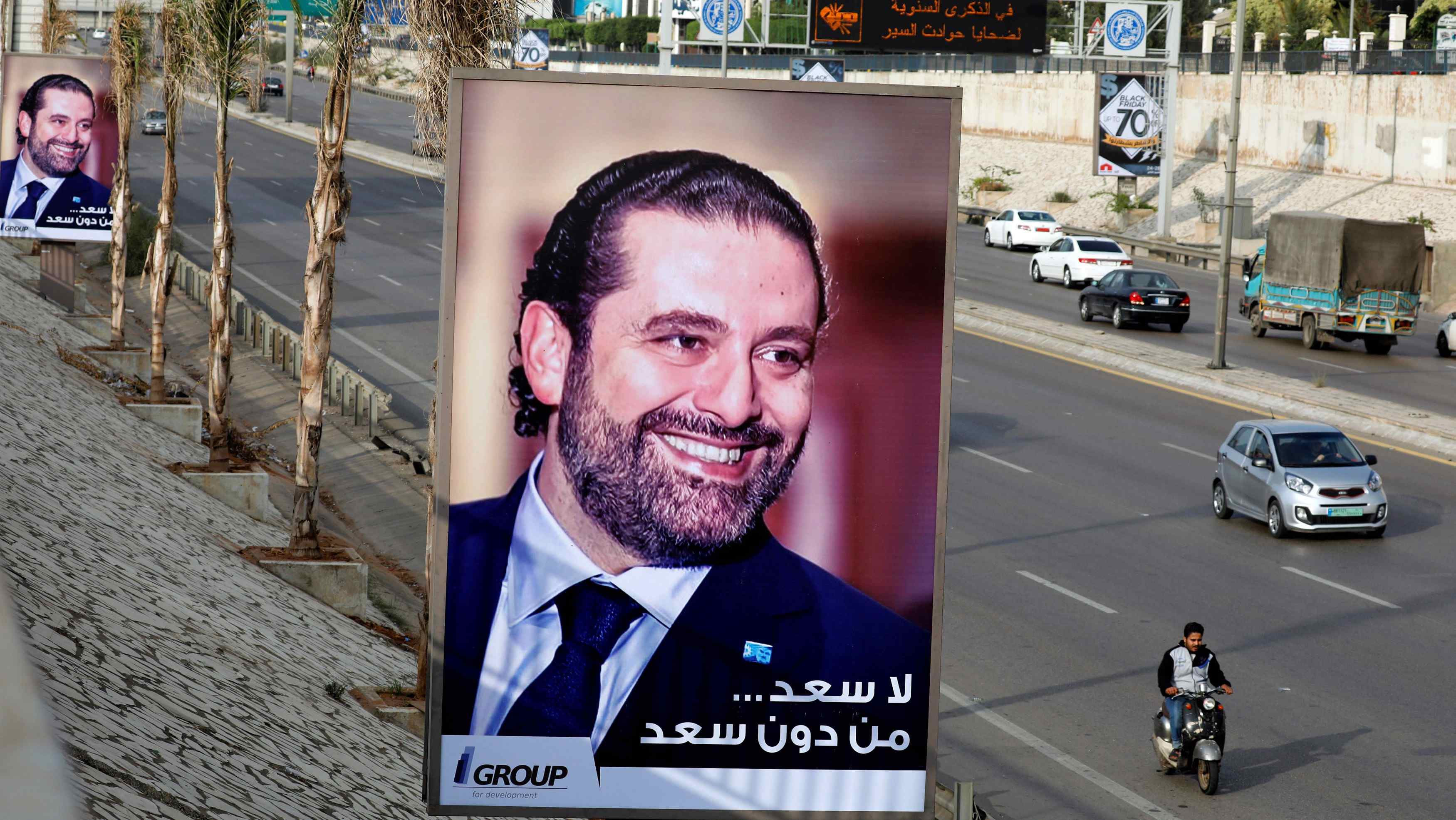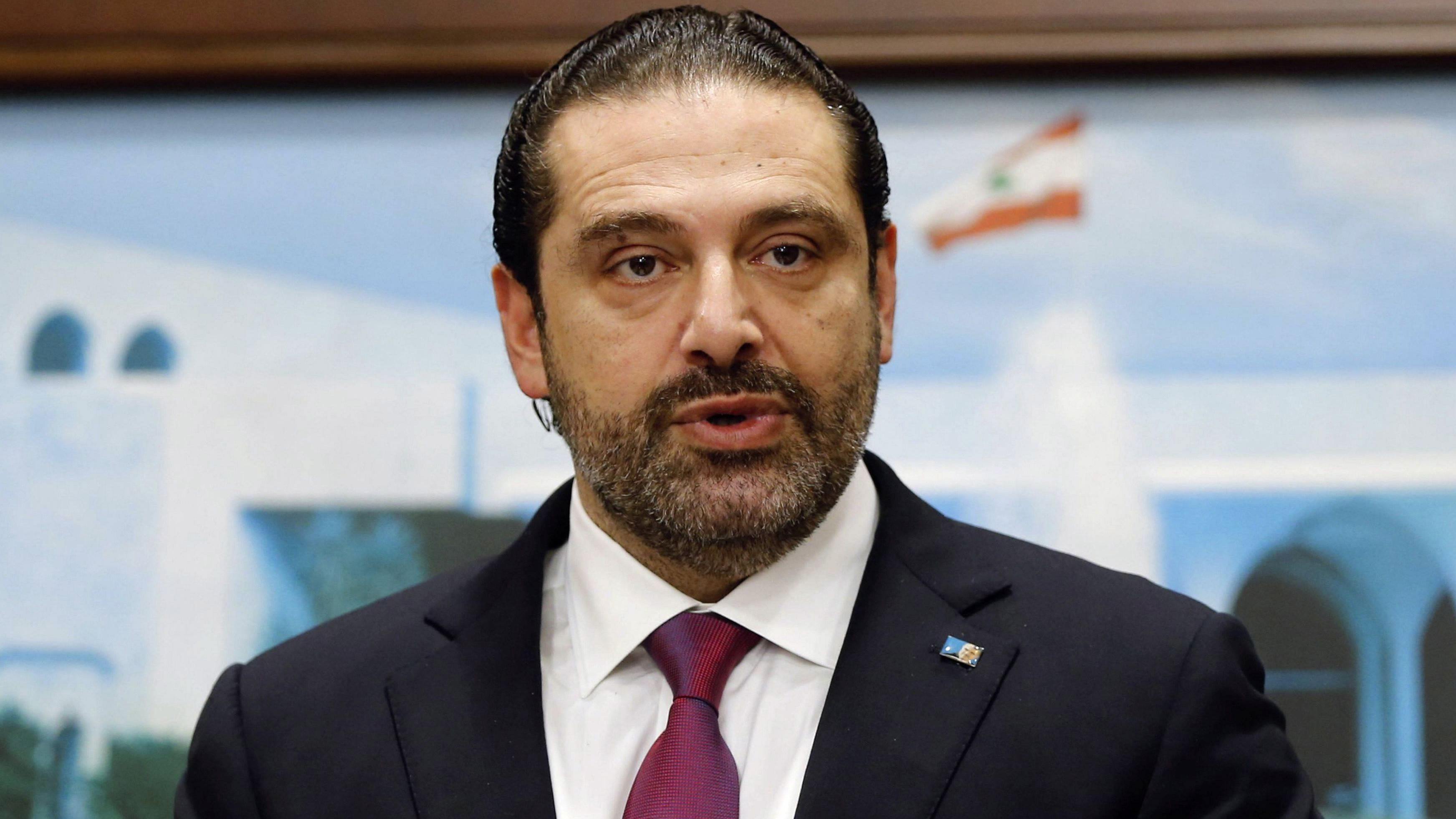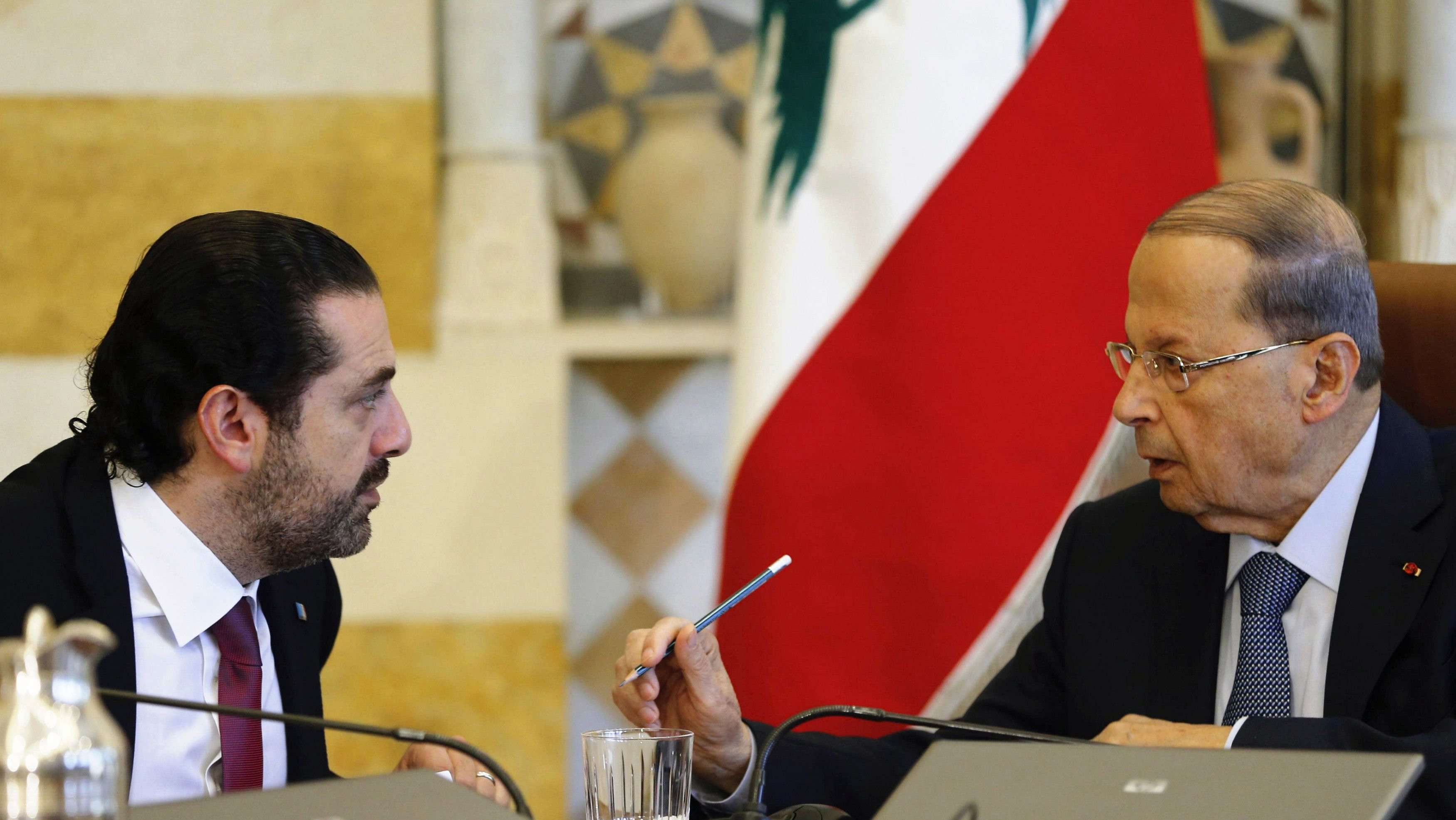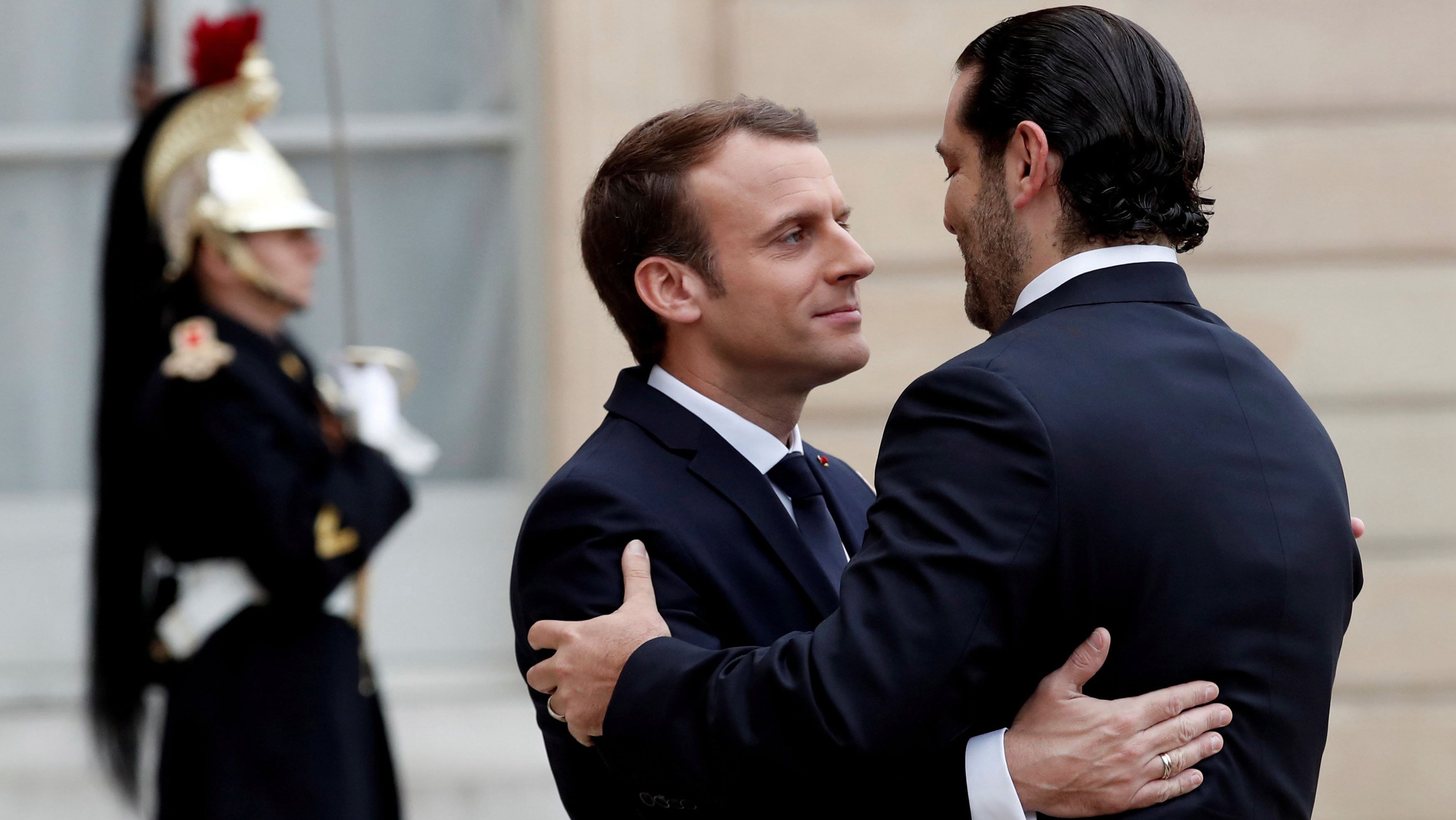
Politics
18:03, 06-Dec-2017
Is Hariri’s unresignation the end of the Lebanon saga?
By John Goodrich

Lebanon’s month of political intrigue appeared to come full circle on Tuesday, as Prime Minister Saad al-Hariri withdrew the resignation he announced – from Saudi Arabia – on November 4.
The saga has been worthy of a movie plot: the resignation and unresignation of a prime minister in a crisis that involved Lebanon, Saudi Arabia, Iran, France, and Egypt.
After a month-long stand-off, a country facing a refugee influx and economic ongoing woes again has a prime minister in situ – but this is unlikely to be the end of instability.
How did events play out?
Hariri said on Tuesday he had decided to officially revoke his resignation after the coalition government he leads – Lebanon has a governing system designed to share power among sectarian groups – agreed to reaffirm a policy struck in 2012 to stay out of conflicts in Arab states.
"All (the government's) political components decide to dissociate themselves from all conflicts, disputes, wars or the internal affairs of brother Arab countries, in order to preserve Lebanon's economic and political relations," Hariri said.

Lebanon's Prime Minister Saad al-Hariri speaks after a cabinet meeting in Baabda
near Beirut, Lebanon, December 5, 2017. /Reuters Photo
Lebanon's Prime Minister Saad al-Hariri speaks after a cabinet meeting in Baabda near Beirut, Lebanon, December 5, 2017. /Reuters Photo
This is critical because Hezbollah – backed by Shi’ite Iran and a part of Hariri’s governing coalition – has been accused of acting in support of Iran in other Arab states by the prime minister’s allies in the Sunni kingdom Saudi Arabia.
Hezbollah has been vocal about its involvement in Syria and Iraq against ISIL, but rejects allegations its militants are fighting with Tehran-backed Houthis in Yemen against a Riyadh-led coalition.
Hariri’s shock resignation took place out of the blue, from Riyadh, on November 4. The 47-year-old wasn’t expected to be in Saudi Arabia, and had not briefed aides about his plans.
In his televised resignation speech after being summoned to Saudi Arabia by Crown Prince Mohammed bin Salman, Hariri denounced Iran and said he feared for his safety in Lebanon. Lebanese officials claimed that he had been coerced into issuing the statement.

Lebanon's President Michel Aoun (R) talks to Prime Minister Saad al-Hariri (L) during
a cabinet meeting in Baabda near Beirut, Lebanon, December 5, 2017. /Reuters Photo
Lebanon's President Michel Aoun (R) talks to Prime Minister Saad al-Hariri (L) during a cabinet meeting in Baabda near Beirut, Lebanon, December 5, 2017. /Reuters Photo
Hariri remained in Riyadh, but crucially Lebanon’s President Michel Aoun refused to accept the resignation while the prime minister remained out of the country.
At this point French President Emmanuel Macron made an unexpected intervention, flying to Riyadh for talks with Mohammed bin Salman and then negotiating for Hariri to fly to Paris with the help of Egyptian President Abdel Fattah al-Sisi.
Lebanon, a French protectorate from 1920 to 1944, retains strong links with Paris. French is the country’s second language, and the two countries continue to share economic and cultural ties.
Macron, who is committed to a 100-million-euro pledge made by his predecessor to improve Lebanon’s military, intervened at a crucial time, giving Hariri an opportunity to reassert his position.

French President Emmanuel Macron (L) and Lebanese Prime Minister Saad al-Hariri (R) at the Elysee Palace in Paris, France, November 18,
2017. /Reuters Photo
French President Emmanuel Macron (L) and Lebanese Prime Minister Saad al-Hariri (R) at the Elysee Palace in Paris, France, November 18, 2017. /Reuters Photo
Hariri arrived in Paris on November 18 and held talks with Macron at the Elysee Palace, as well as phone conversations with relevant parties in Lebanon including President Aoun.
The prime minister held talks with Sisi on a brief stopover in Cairo, then met Cypriot President Nicos Anastasiades in Nicosia, before eventually returning to Lebanon on November 21.
A day later, Hariri announced he was freezing his resignation at the request of the Lebanese president to allow for dialogue. He officially rescinded his resignation on December 5.
What’s next?
Macron will welcome Hariri and representatives of the five members of the UN Security Council – Britain, China, France, Russia and the United States – to Paris on Friday for a meeting of the International Lebanon Support Group.
Reuters quoted unnamed diplomats as saying the gathering is designed in part to put pressure on Saudi Arabia and Iran to desist from interference in Lebanon.
Lebanon’s dramatic month has shone a light on the battle for regional influence between Sunni kingdom Saudi Arabia and Shi’ite Islamist Iran. Although this chapter of the story has closed, the consequences of the rivalry in the region are likely to continue.
6982km

SITEMAP
Copyright © 2018 CGTN. Beijing ICP prepared NO.16065310-3
Copyright © 2018 CGTN. Beijing ICP prepared NO.16065310-3